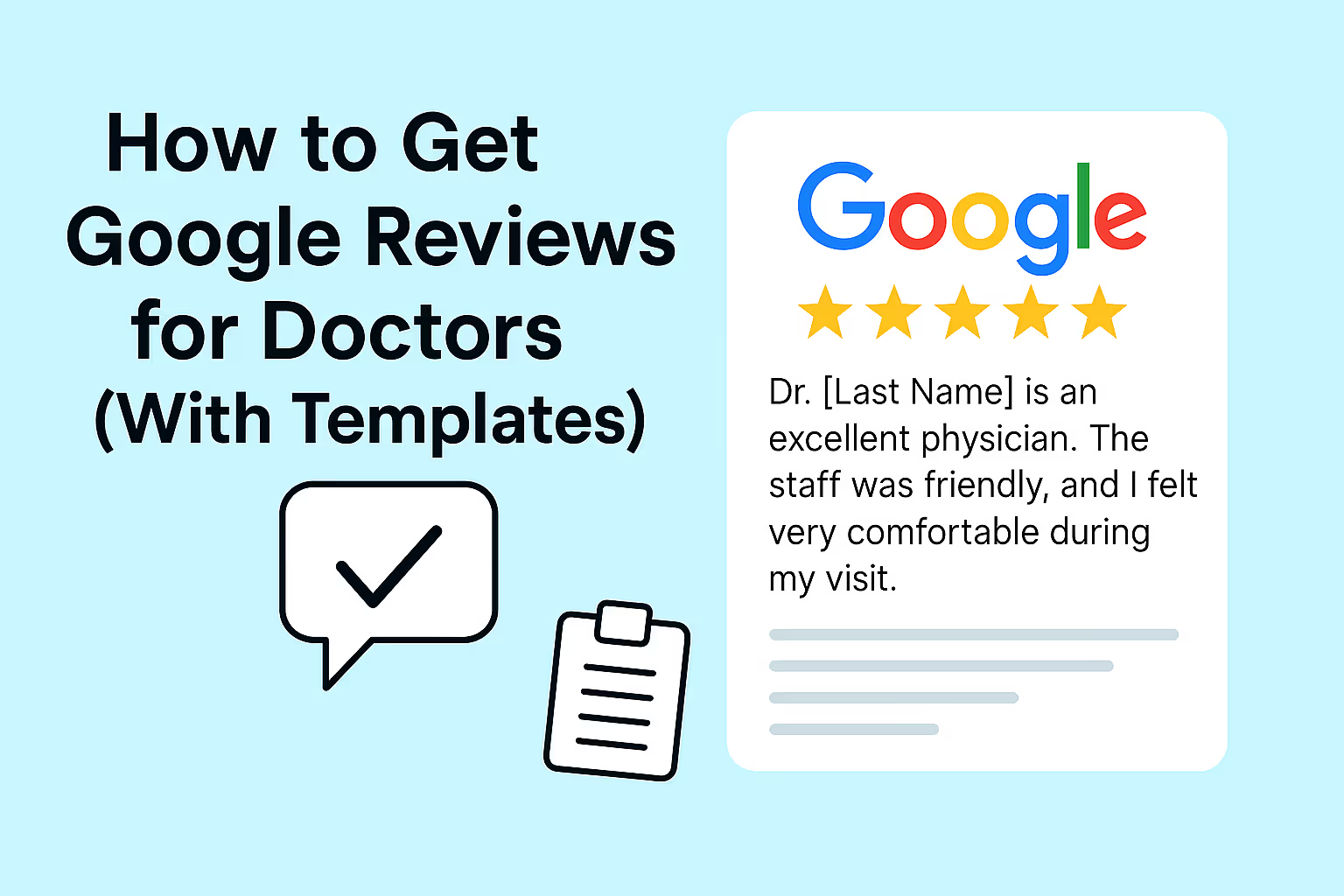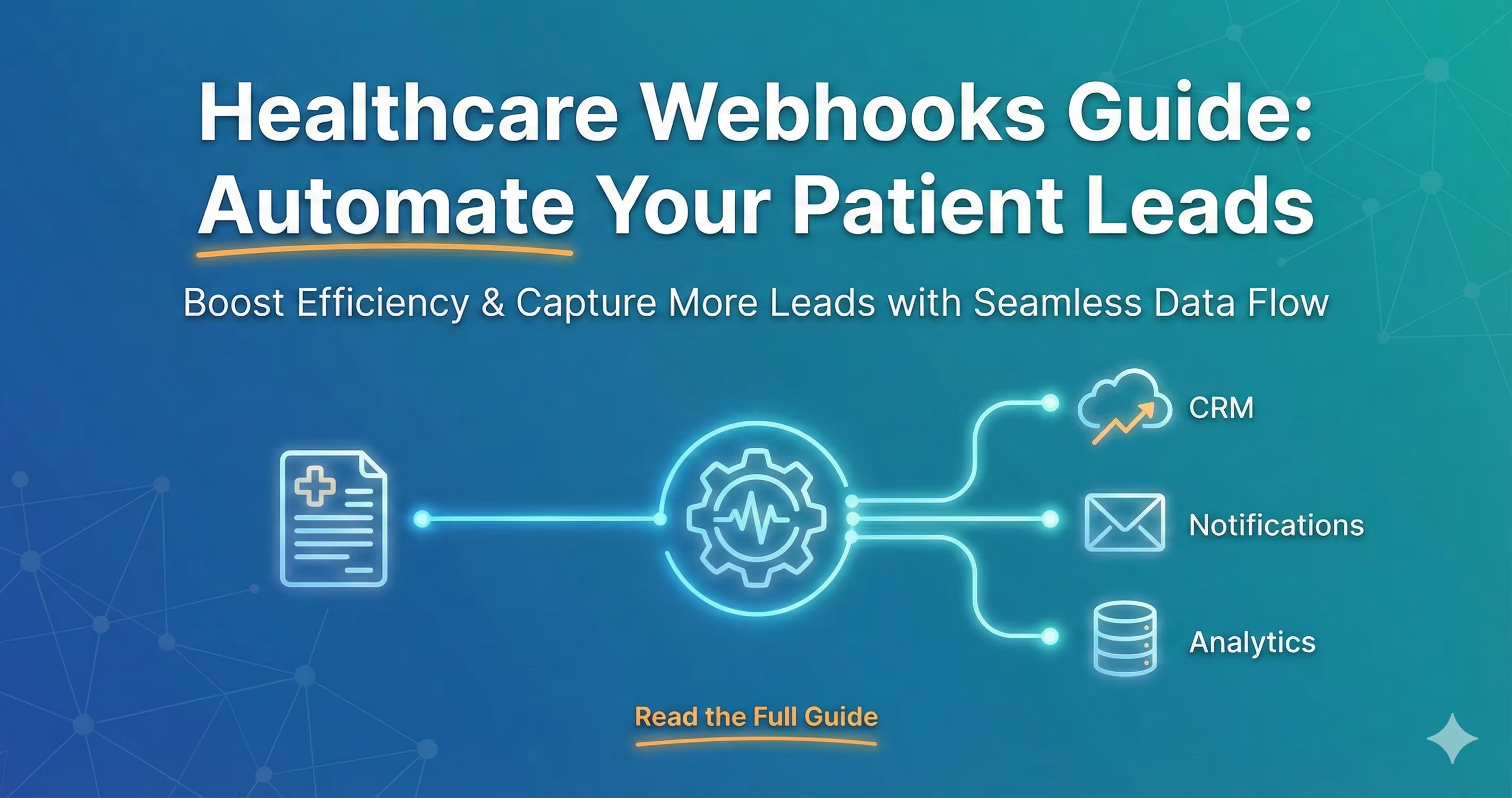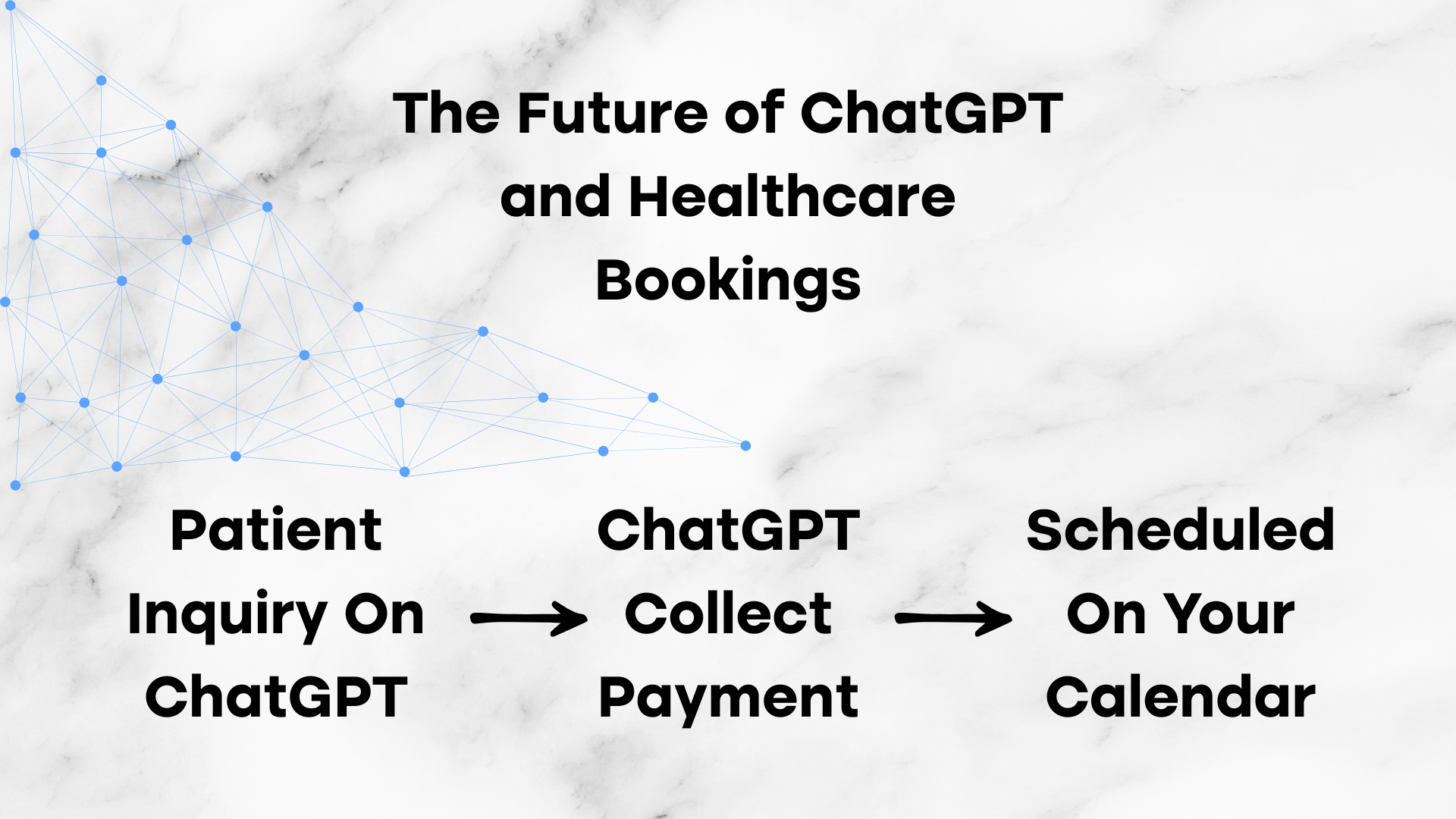Read more Articles
Keep up to date with medspa marketing strategies.

In 2025, healthcare happens online before it ever happens in person. Before a patient picks up the phone or schedules a visit, they Google you. And what they see—your reviews, your rating, your reputation—often determines whether they choose you or scroll past.
A 2024 survey from Software Advice revealed that 71% of patients look at reviews before booking with a healthcare provider. And when comparing two similar doctors, patients almost always pick the one with better reviews. This isn’t speculation—it’s a measurable shift in behavior.
Your reviews aren't just feedback. Reviews are your digital first impression to your community. They’re local SEO signals. And for many practices, they’re also a key driver of revenue.
This guide will help you turn that reality into an advantage—starting with how to ask for reviews, what to say, and what systems to use to automate the entire process.
Google reviews are more than vanity. They directly impact your practice in three measurable ways:
According to Whitespark’s Local Search Ranking Factors report, online reviews are one of the top three factors determining how high your practice appears in local search results—especially the coveted Google Map Pack. This is prime real estate for searches like “pediatrician near me” or “dermatologist Orlando.”
BrightLocal’s 2024 Local Consumer Review Survey found that 87% of consumers won’t consider a business with fewer than 3 stars. And 94% are more likely to use a business with a large number of recent, high-quality reviews.
Harvard Business School found that each one-star increase in online ratings leads to a 5%–9% increase in revenue. In the healthcare space, where one new patient can represent thousands of dollars in lifetime value, the upside is substantial.
In other words, reviews are the silent growth engine behind some of the busiest practices in your city.
Timing is everything.
Ask too early and the patient hasn’t experienced the benefits of care. Ask too late and the moment has passed.
The sweet spot? Within 24–48 hours after the appointment. The interaction is still fresh, satisfaction is highest, and patients are more likely to follow through.
For long-term treatments (like HRT, hormone therapy, or multi-stage surgeries), wait until the patient has reached a meaningful milestone in their journey—such as a noticeable improvement or the completion of care.
There are three rules when asking for a Google review:
The following templates are designed for real-world use—inside your CRM, EHR follow-ups, or front desk handouts. They can be customized, scheduled, or automated.
Hi [First Name], thank you for choosing [Practice Name] today. If you had a great experience, we’d love for you to share it here: [Review Link] – It helps others discover us too!
Why it works:
Short, personal, and mobile-optimized. Ideal for same-day automation from your CRM.
Subject Line: How was your visit with us?
Hi [First Name],
We hope you’re feeling great after your recent visit. If we met your expectations, would you mind leaving us a quick Google review? It helps other patients feel confident choosing us too.
You can leave your feedback here:
[Google Review Link]
Thank you again for trusting [Practice Name] with your care.
Best practice:
Send this 24 hours post-visit. Pair it with a satisfaction question first if possible.
“If everything went smoothly today, we’d be incredibly grateful if you could share your experience in a Google review. It really helps others find us.”
Bonus tip:
Place a small card with a printed QR code at checkout desks.
Sometimes, patients want to leave a review—but don’t know what to say. Use these examples in your follow-up texts or emails to remove writer’s block.
“I had a great experience at [Practice Name]. Everyone was friendly and efficient. Dr. [Last Name] took the time to answer all my questions. Highly recommend!”
“I came in for [procedure or treatment], and the care I received was outstanding. The team made me feel informed and comfortable every step of the way. I’m thrilled with my results.”
“I've been seeing Dr. [Last Name] for several months now. Every visit has been professional, caring, and consistent. I always feel listened to, which is rare these days.”
Automation is what makes review generation sustainable.
With the right tools, your system should:
Recommended tools for automation:
When automation is paired with a thoughtful review sequence, you can generate dozens of 5-star reviews per month without lifting a finger.
One mistake many practices make is asking for a review before the patient has seen results.
In marketing, this is called Time to Value (TTV)—the time it takes for a customer to recognize the benefit of your service.
For example:
The shorter your TTV, the sooner you can ask. For longer timelines, consider:
Whether it’s positive or negative, responding to reviews is part of building digital trust. According to Google, businesses that reply to reviews are considered more reputable.
“Thank you so much for your kind words, [Name]! We’re so glad you had a great experience. We look forward to seeing you again soon.”
“Thank you for your feedback. We’re sorry to hear your experience didn’t meet expectations. Please reach out to our office directly so we can resolve this together.”
Never argue. Never get defensive. Keep it professional and take the conversation offline if needed.
Google uses reviews to determine which local businesses to rank in the top results.
The most important factors are:
Clinics with frequent, relevant, and highly rated reviews are more likely to appear in the Google Map Pack, which receives the majority of clicks in local search.
If your competitors are outranking you, their review strategy may be why.
Let’s say your clinic brings in $1M annually. If increasing your Google rating from 3.9 to 4.8 leads to even a 7% bump in booked procedures, that’s an extra $70,000 in revenue—without increasing your ad budget or hours worked.
Compare that to spending $3,000/month on ads with poor conversion due to low trust.
Your online reputation isn’t fluff. It’s leverage.
A great review doesn’t just make you feel good. It improves search visibility. It increases patient confidence. And it makes every dollar you spend on marketing more efficient.
But none of that happens by accident.
You need a system—something that runs in the background while your team focuses on care.
So use the templates. Automate the process. Monitor your profile. Respond to your reviews. Celebrate the wins.
Because in 2025, trust isn’t built in the waiting room. It’s built on Google.
You’ve outgrown "basic" marketing. Nexamed builds the advanced lead-gen infrastructure your med spa needs to capture high-ticket patients and scale without the manual mess.
Keep up to date with medspa marketing strategies.

